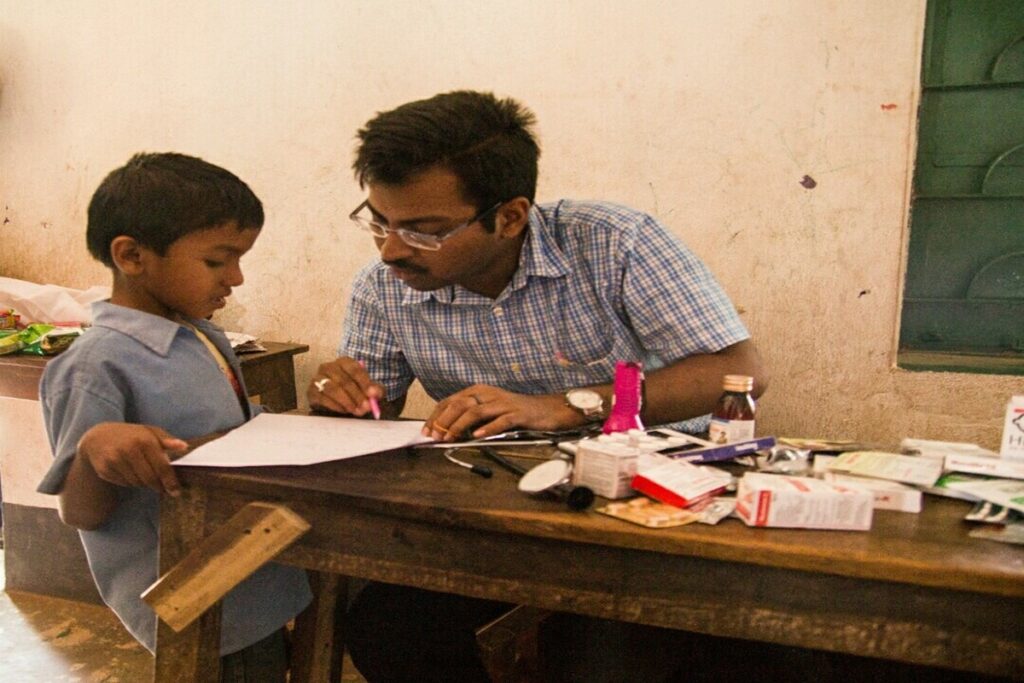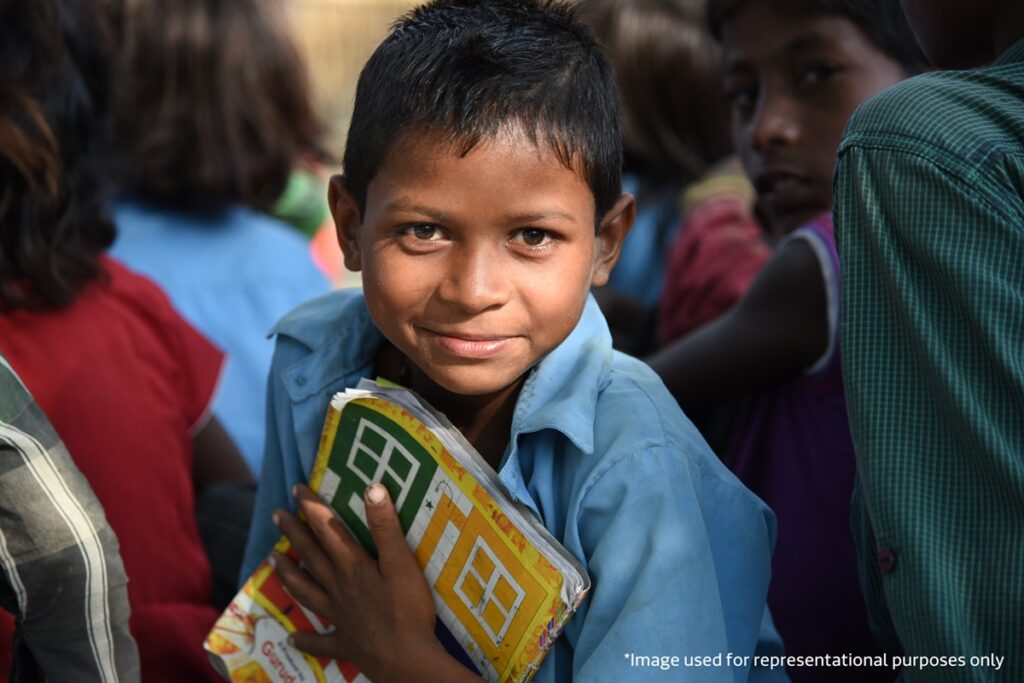
Anganwadi System in India: What Are They and Why Do We Need Them?
The Anganwadi system in India plays a vital role in promoting the health and development of children, pregnant women, and nursing mothers (source: pi....
Read MoreEmotional development is an important part of a child’s growth, impacting how they express, manage, and understand their feelings. From infancy through adolescence, children undergo critical emotional changes that shape their social interactions, academic success, and overall well-being. In this blog, we will explore why emotional development is essential, its stages, and how it impacts various aspects of a child’s life.

Emotional development refers to how children learn to recognize, express, and manage their emotions. This process begins very early and continues through childhood and adolescence. It involves building emotional awareness, empathy, self-regulation, and forming meaningful connections with others.
From a young age, children start to grasp basic emotions like happiness, sadness, anger, and fear. Over time, they develop more complex emotional skills, such as understanding others’ emotions, controlling impulses, and resolving conflicts in healthy ways.
Children experience different emotional development stages, vital for their growth:
Infants express emotions like joy, distress, and fear through facial expressions, crying, and laughing. They begin to form safe attachments with caregivers, essential for emotional safety.
Toddlers begin to recognize their own emotions and those of others. They may start experiencing frustration as they learn about emotional boundaries and rules.
At this stage, children develop empathy and start understanding the feelings of others. They also learn to manage emotional outbursts with guidance.
Emotional regulation improves, and children become more aware of social expectations. They start building friendships and manage conflicts with growing independence.
Adolescents go through intense emotional changes due to hormonal shifts. They seek emotional independence but also experience feelings of self-doubt, which makes emotional support crucial during this period.
One of the key reasons, emotional development is important is its role in building social skills. Children with strong emotional development are better prepared to form positive relationships, cooperate with others, and resolve conflicts. These skills let them navigate complex social environments, whether it's at school, in their community, or within the family. Emotional intelligence (EQ) enables children to be more empathetic, compassionate, and understanding toward others.
Emotional development has a direct link to academic success. Children who are emotionally secure and self-regulated perform better in school, both academically and behaviorally. They are more focused, disciplined, and able to manage the stress that comes with academic pressure. Emotionally developed children are also more likely to engage positively in classroom activities and are less prone to disruptive behaviours, leading to an overall more conducive learning environment.
Resilience is the ability to bounce back from challenges, setbacks, or failures. Emotional development plays a vital role in building this resilience. Emotionally strong children are better equipped to handle life's inevitable adversities. They learn how to manage stress, cope with disappointment, and adapt to new situations.
Emotional resilience doesn't just help children during tough times—it also fosters a growth mindset, encouraging them to embrace challenges as learning opportunities. This resilience helps them stay motivated and persistent in their goals, whether it's in academics, sports, or personal relationships.
Several factors contribute to a child’s emotional development, including:
The bond between a child and their primary caregivers plays a significant role in shaping emotional responses. Secure attachment builds a sense of safety, while inconsistent attachment may lead to emotional insecurity.
Peers, teachers, and the broader community also influence emotional development. Positive social environments foster emotional growth, while exposure to stress or trauma may hinder it.
Some aspects of emotional development are influenced by genetics and brain development. Conditions like autism or ADHD can affect how children process emotions and develop emotional skills.
Healthy emotional development is seen when children can:
Parents play a pivotal role by providing love, support, and guidance. Creating a stable and emotionally rich environment helps children feel secure. Non-governmental organizations (NGOs) like CRY (Child Rights and You) support families and communities by raising awareness about emotional development, offering counselling services, and implementing programs that promote mental and emotional well-being for children.
The importance of emotional development in children cannot be overstated. It influences their social skills, academic success, and overall well-being, helping them build resilience and coping mechanisms for life's challenges. As parents, educators, and caregivers, nurturing a child’s emotional development is just as important as supporting their physical or intellectual growth. By doing so, we pave the way for emotionally secure, empathetic, and resilient adults.
At CRY, we work tirelessly to ensure every child has the emotional support they need to thrive. Your support can help us continue our mission to create a happier and healthier future for children across India.